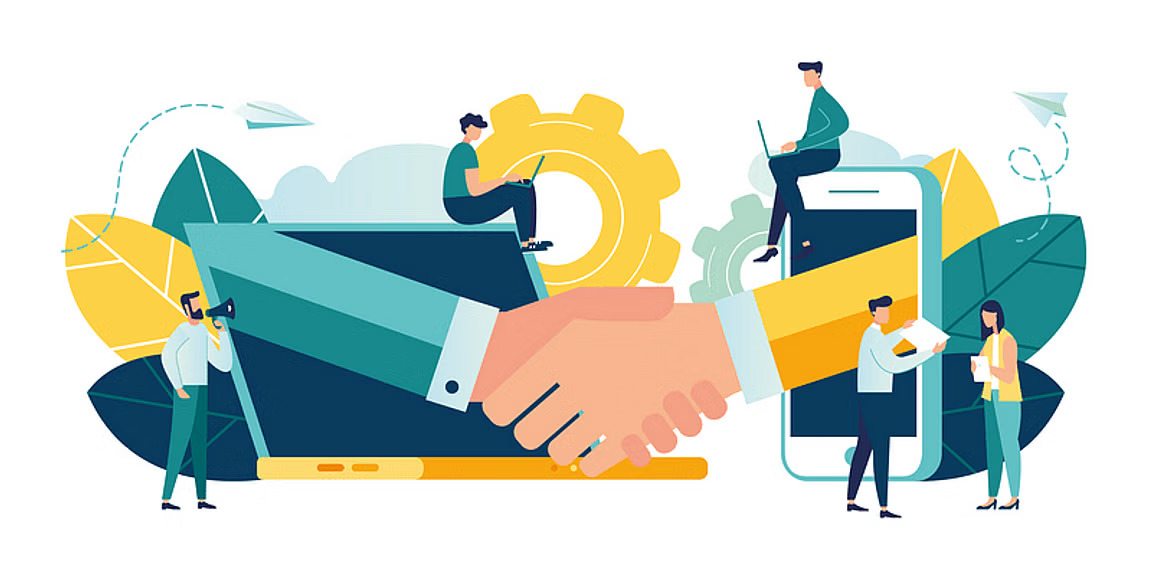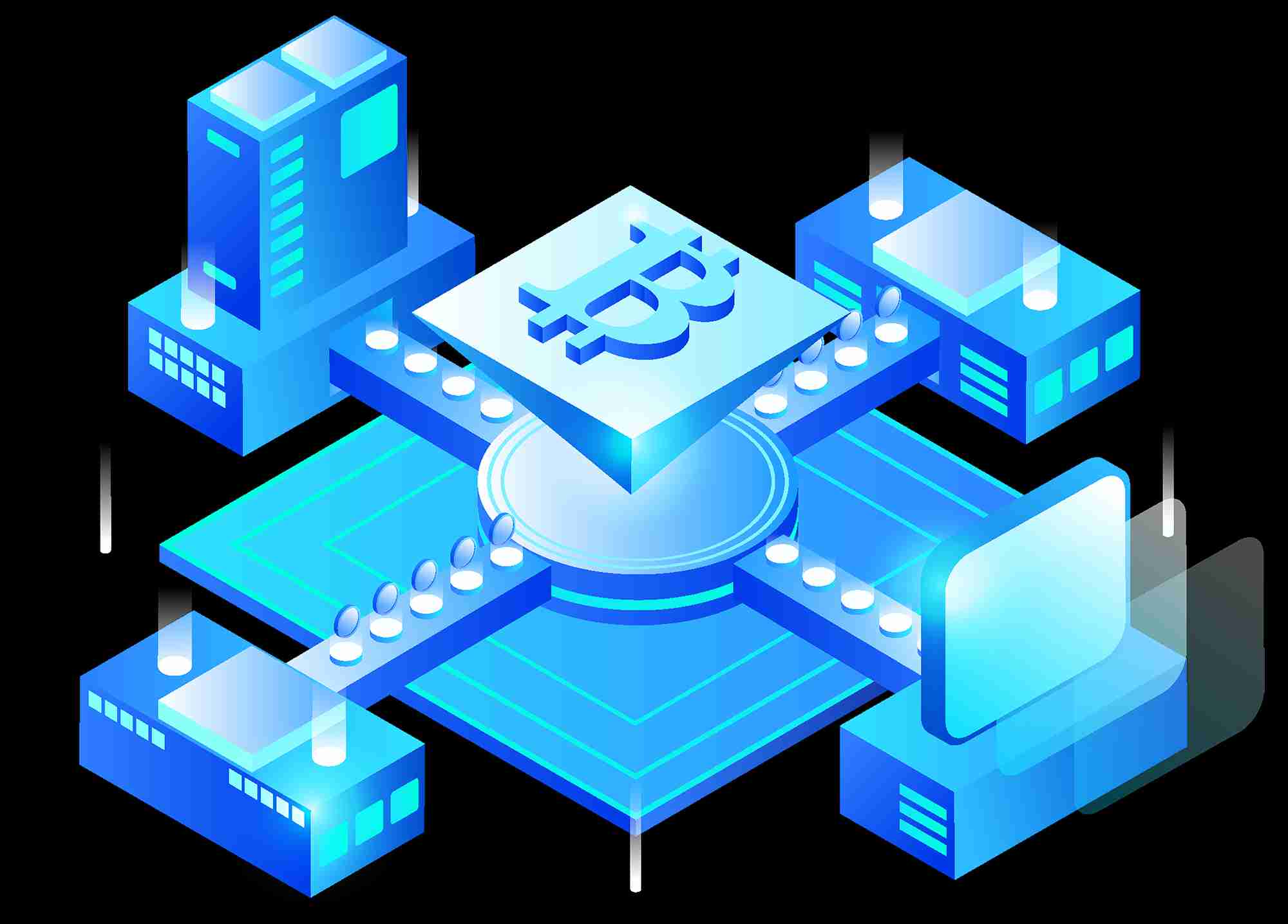Ever wonder what’s brewing behind the scenes in the blockchain world? “Ongoing research projects in blockchain” are the hidden gems reshaping our digital landscape. From groundbreaking solutions for scalability to avant-garde security protocols, these projects are not just tech experiments—they’re paving the way for a decentralized revolution. Join us as we explore the exciting innovations that could redefine everything we know about trust and transparency!
The Importance of Ongoing Research Projects in Blockchain
Why Research Matters
Research in blockchain is pivotal for addressing the limitations of existing systems, enhancing scalability, and improving security. As the adoption of blockchain technology grows, the need for robust research becomes more pronounced. These projects aim to provide solutions that can handle increasing transaction volumes, reduce costs, and fortify security measures.
Key Research Areas
The current landscape of blockchain research focuses on several key areas:
- Scalability Improvements
- Security Protocol Enhancements
- Interoperability Solutions
- Decentralized Finance (DeFi) Innovations
Pioneering Scalability Solutions: Layered Approaches and Sharding
Layered Solutions for Enhanced Throughput
One of the most significant challenges facing blockchain today is scalability. Ongoing research projects are exploring layered solutions to enhance transaction throughput. By introducing additional layers on top of existing blockchains, these projects can facilitate a higher volume of transactions without congesting the main network.
For instance, Layer 2 solutions like the Lightning Network allow transactions to be processed off-chain, significantly reducing the load on the main blockchain and ensuring faster transaction times. This methodology provides a robust framework for decentralized applications (dApps) that require rapid transaction capabilities.
Sharding: A Game-Changer for Data Management
Another innovative approach being researched is sharding. This technique involves partitioning data into smaller segments or “shards,” each capable of processing transactions independently. By distributing the workload, sharding can dramatically increase the transaction capacity of a blockchain network.
The implications of sharding are profound, as it allows multiple transactions to be processed simultaneously, thereby enhancing overall efficiency. Ongoing research is focused on ensuring that these shards can communicate securely and efficiently, maintaining the integrity and security of the blockchain.
Advancements in Decentralized Finance (DeFi) and Smart Contracts
The Rise of DeFi
Decentralized Finance (DeFi) is at the forefront of ongoing blockchain research. With a vision to democratize finance, DeFi projects are exploring innovative ways to provide financial services without the need for traditional intermediaries. This shift is significant as it opens up financial access to underserved populations globally.
Research in this space is centered on creating more inclusive financial systems, where users can borrow, trade, and invest directly through decentralized applications. These innovations aim to enhance user experience while ensuring transparency and reducing costs.
Smart Contracts: The Future of Automation
Smart contracts are another focal point of blockchain research. These self-executing contracts with the terms of the agreement directly written into code are transforming how agreements are made and executed. Ongoing research aims to improve the security and reliability of smart contracts, addressing vulnerabilities that could be exploited by malicious actors.
Innovations such as formal verification techniques are being developed to ensure that smart contracts behave as intended, minimizing the risk of errors and enhancing user trust. As smart contracts evolve, their potential applications across various industries will continue to expand.
Strengthening Blockchain Security: Innovative Protocols and Identity Verification
Enhancing Security through New Protocols
Security remains a top priority in blockchain research. Ongoing projects are focused on developing innovative security protocols that safeguard user data and prevent unauthorized access. Techniques such as Zero-Knowledge Proofs are gaining traction, allowing users to verify information without revealing the actual data.
Integrating artificial intelligence (AI) into blockchain security is also a growing trend. AI can analyze patterns and detect anomalies, providing an additional layer of protection against potential threats.
Decentralized Identity Solutions
The concept of decentralized identity verification is gaining momentum, with research exploring how blockchain can offer users more control over their personal information. By enabling individuals to manage their identities on a blockchain, users can verify their credentials without exposing sensitive data.
This approach not only enhances privacy but also facilitates access to essential services, particularly for those lacking traditional identification. Ongoing research is focused on creating seamless identity verification processes that benefit users and service providers alike.
Sector-Specific Applications: Blockchain in Healthcare and Supply Chain
Transforming Healthcare with Blockchain
In the healthcare sector, ongoing research projects are utilizing blockchain to improve data security and streamline information sharing. By creating a secure and immutable record of patient data, blockchain can ensure that healthcare providers have quick access to accurate medical histories, enhancing patient care.
Research is also focused on facilitating data sharing among researchers, allowing for more robust and trustworthy studies that can lead to faster medical advancements.
Enhancing Supply Chain Transparency
Blockchain’s potential in supply chain management is another area of active research. By providing a transparent ledger of transactions, blockchain can track products from origin to consumer, ensuring authenticity and reducing fraud. This level of transparency not only builds consumer trust but also optimizes operations by reducing inefficiencies.
Ongoing research projects in blockchain are set to revolutionize various industries by addressing key challenges related to scalability, security, and accessibility. As these projects develop, we can anticipate a future where blockchain technology is seamlessly integrated into our daily lives, making transactions faster, safer, and more efficient.
Visit Blockchain Global Network today to stay informed and connected with the blockchain community!
Q&A
- What are the latest trends in blockchain research?
Recent developments in blockchain research focus on enhancing scalability, interoperability, and security within blockchain networks. Scientists and engineers are actively exploring solutions such as sharding, layer 2 protocols, and new consensus models to address these challenges. Furthermore, there is an increased interest in combining blockchain with other cutting-edge technologies, such as Artificial Intelligence (AI) and the Internet of Things (IoT), to unlock novel use cases and improve existing systems.
- How is blockchain technology evolving through current research?
Blockchain technology is continuously evolving as current research aims to overcome the limitations of existing blockchain infrastructure. Key areas of innovation include the development of more energy-efficient consensus mechanisms, such as Proof of Stake (PoS), and privacy-enhancing techniques like Zero-Knowledge Proofs. Additionally, much research is also being directed toward smart contract security and the formal verification of blockchain protocols to prevent vulnerabilities and ensure reliability.
- What industries are affected by ongoing blockchain research projects?
Ongoing blockchain research projects are having a significant impact across numerous industries. The finance sector, with initiatives like decentralized finance (DeFi), is one of the most notably affected. Supply chain management, healthcare, and real estate are also experiencing transformative research applications, where blockchain can bring transparency, traceability, and efficiency. Moreover, the energy sector is exploring blockchain for peer-to-peer energy trading and renewable energy certificate tracking.
- Can ongoing blockchain research improve transaction speed and cost?
One of the primary focuses of current blockchain research is to enhance transaction throughput and reduce associated costs. Projects like Lightning Network and other Layer 2 solutions are specifically designed to enable faster and cheaper transactions off the main blockchain while maintaining security and decentralization. Researchers are also investigating new consensus algorithms and blockchain architectures that can process a higher number of transactions per second at a lower cost than traditional blockchains.
- What role do academic institutions play in blockchain research?
Academic institutions are pivotal in advancing blockchain research by providing a rigorous environment for exploration and innovation. Universities worldwide are establishing blockchain research centers, publishing peer-reviewed papers, and fostering collaboration between academia and industry. Through these efforts, they contribute to the theoretical foundations of blockchain and foster an educated talent pool that can address both current and future challenges within the field.



RELATED POSTS
Blockchain Breakthroughs: How Is Blockchain Used In Healthcare
Blockchain technology revolutionizes healthcare with...
Blockchain Efficiency Unlocked: Cutting Costs Seamlessly with Tech
How does blockchain reduce costs?...
Decentralized Systems Unveiled: Harnessing the Power of Collective Innovation
Unlocking the Benefits of Decentralized...
DuckChain Airdrop: Great opportunity to get free Tokens
In the context of rapid...
Cross-Chain Explained: Unlocking Multi-Blockchain Potential
What is Cross-Chain? Understanding the...
Blockchain Crypto Technology – Transforming Traditional Finance with Decentralization
Curious about how Blockchain Crypto...
What is Karak? Guide to joining Restaking
In the dynamic cryptocurrency market...
NebulaStride Airdrop – Tips to Maximize Income
To maximize your income from...
GRVT Airdrop – The 2 Most Important Expectations
The GRVT Airdrop offers a...
Key Challenges in Blockchain Research: Navigating the Uncharted Digital Terrain
Key challenges in blockchain research:...
Wewe Airdrop – Opportunities and Investment Potential in the Blockchain World
The Wewe airdrop is not...
Explore Top DePin AI Projects
Exploring the leading DePin AI...
Stuart Alderoty: His role at Ripple
Discover Stuart Alderoty, Chief Legal...
Bitcoin surges to $72,000 ahead of the U.S. elections
Bitcoin has experienced an impressive...
How is blockchain used in DeFi: Unlocking Financial Freedom
How is blockchain used in...
What is Tokenized Real Estate? – Unlocking Global Investment Opportunities
What Is Tokenized Real Estate?...